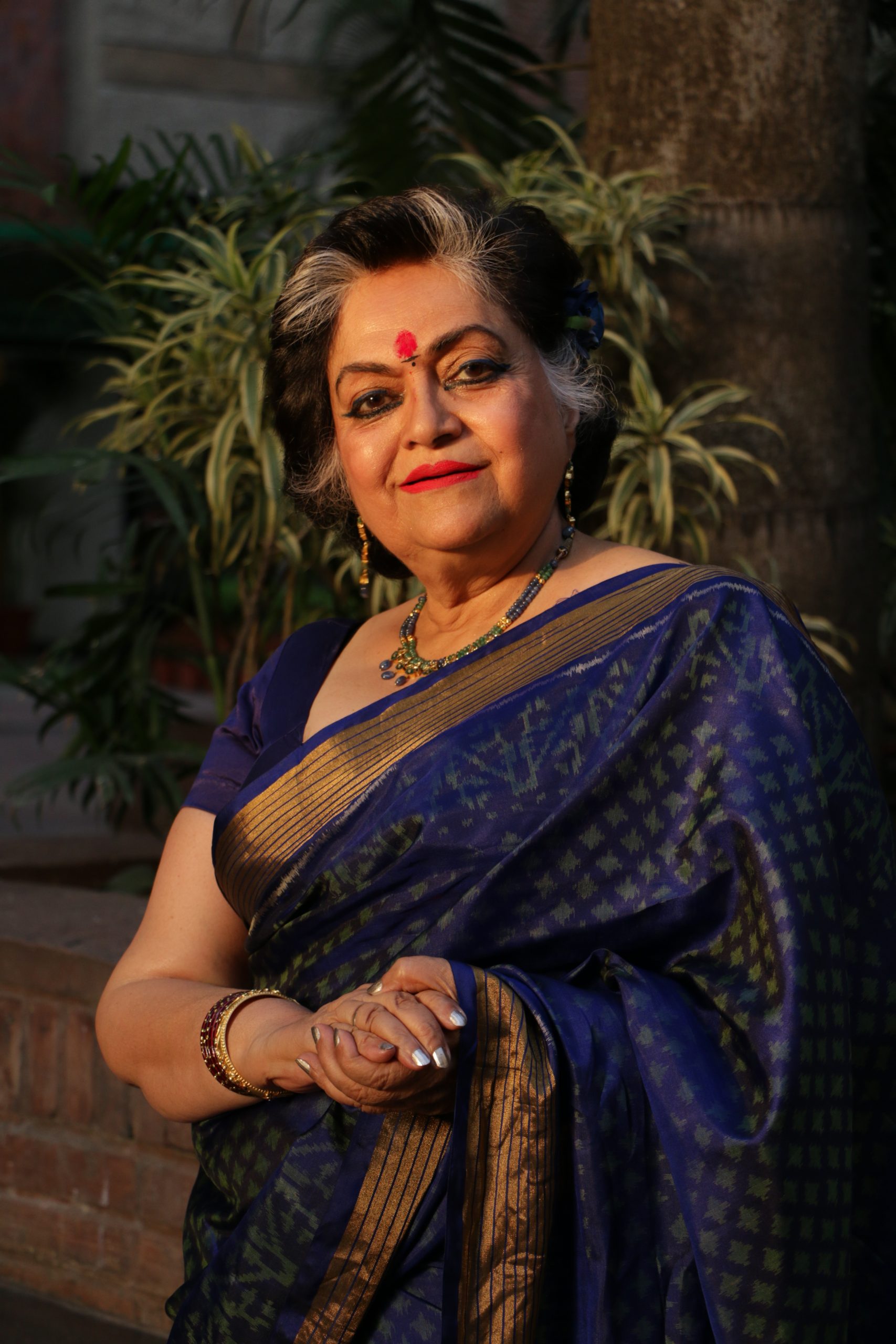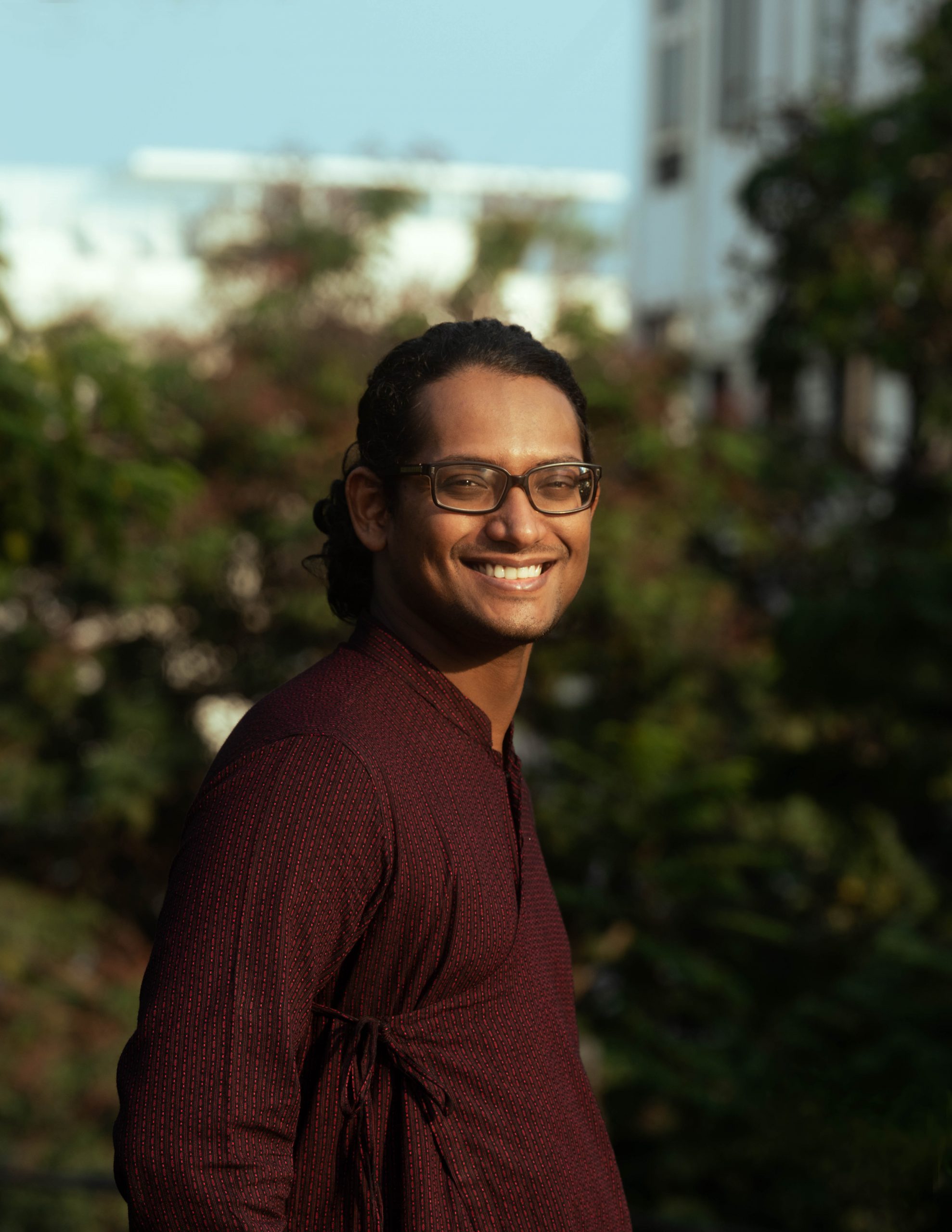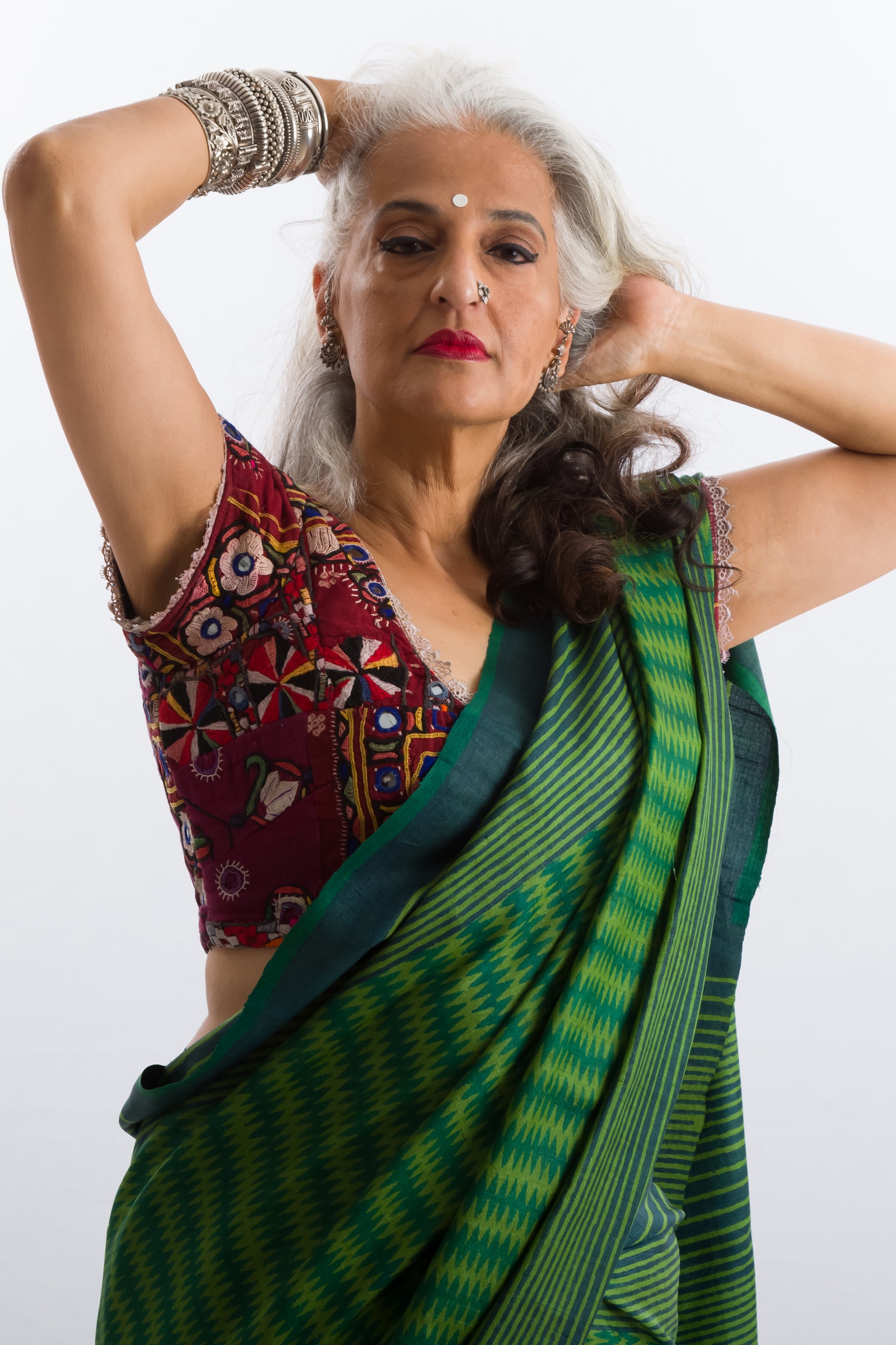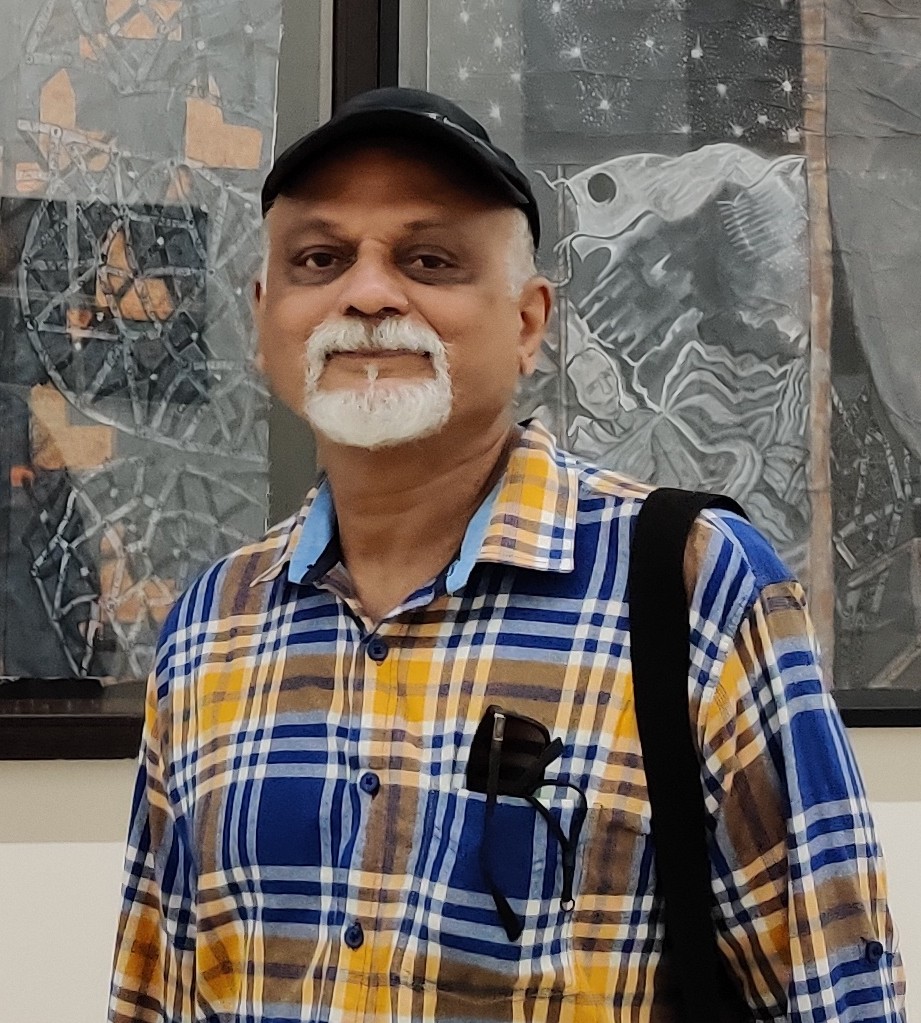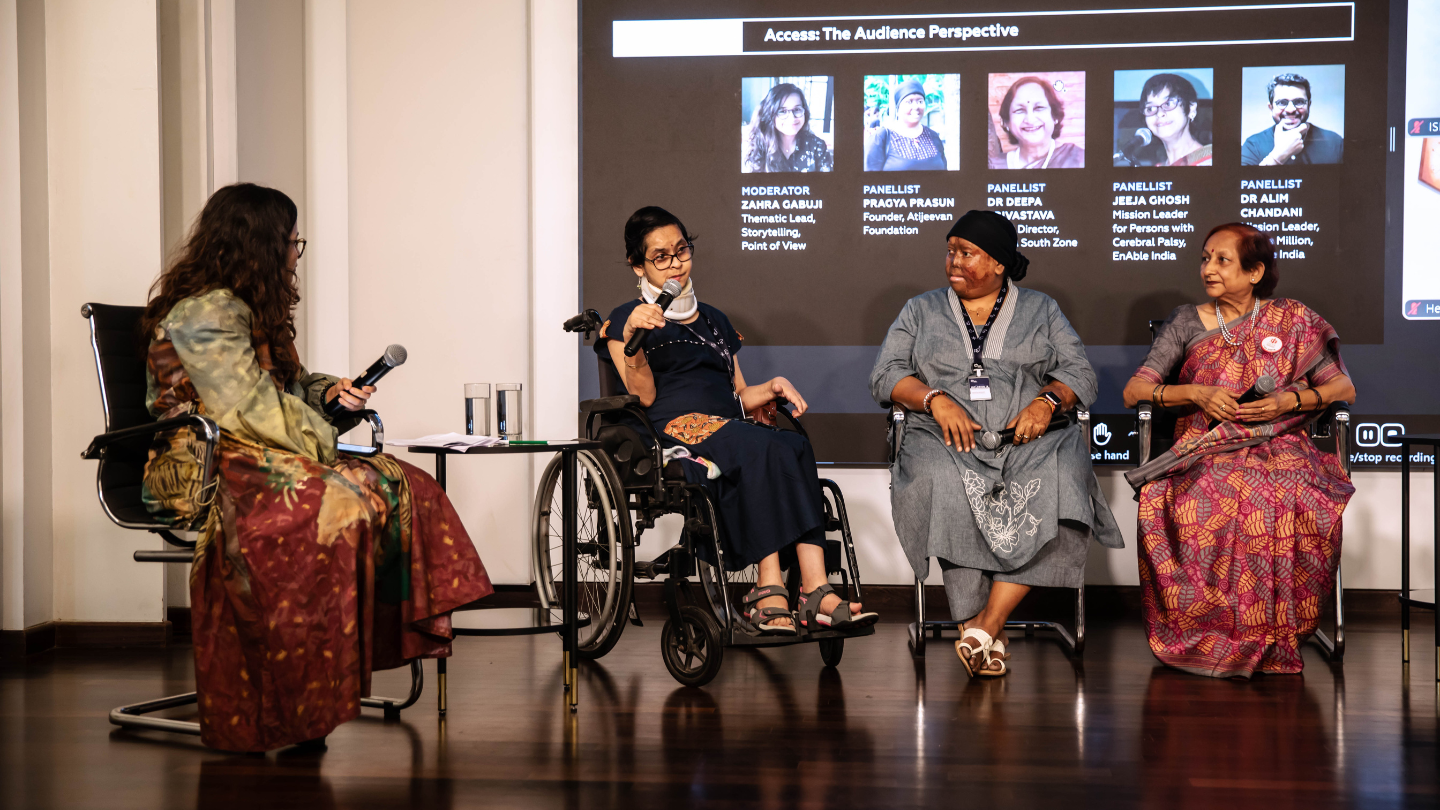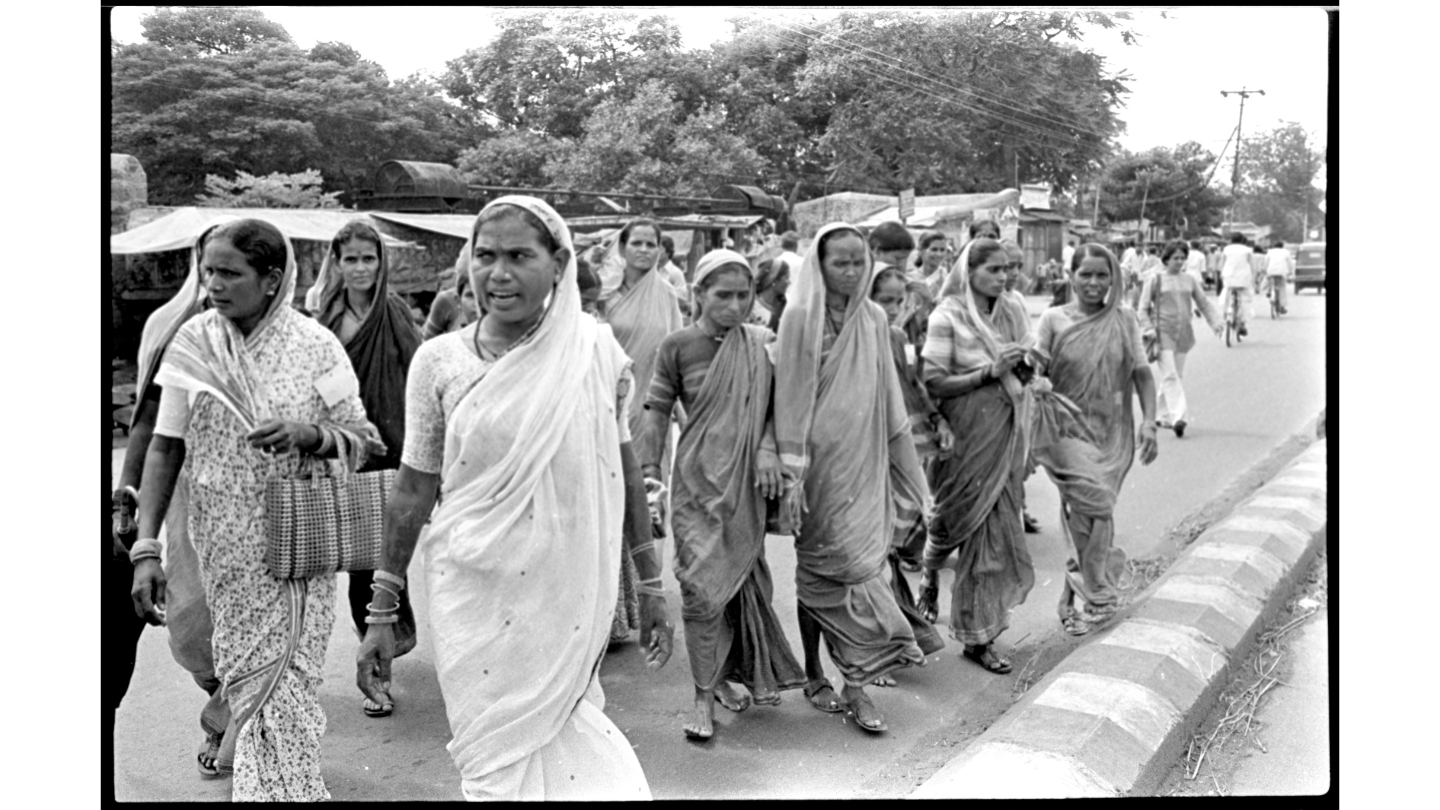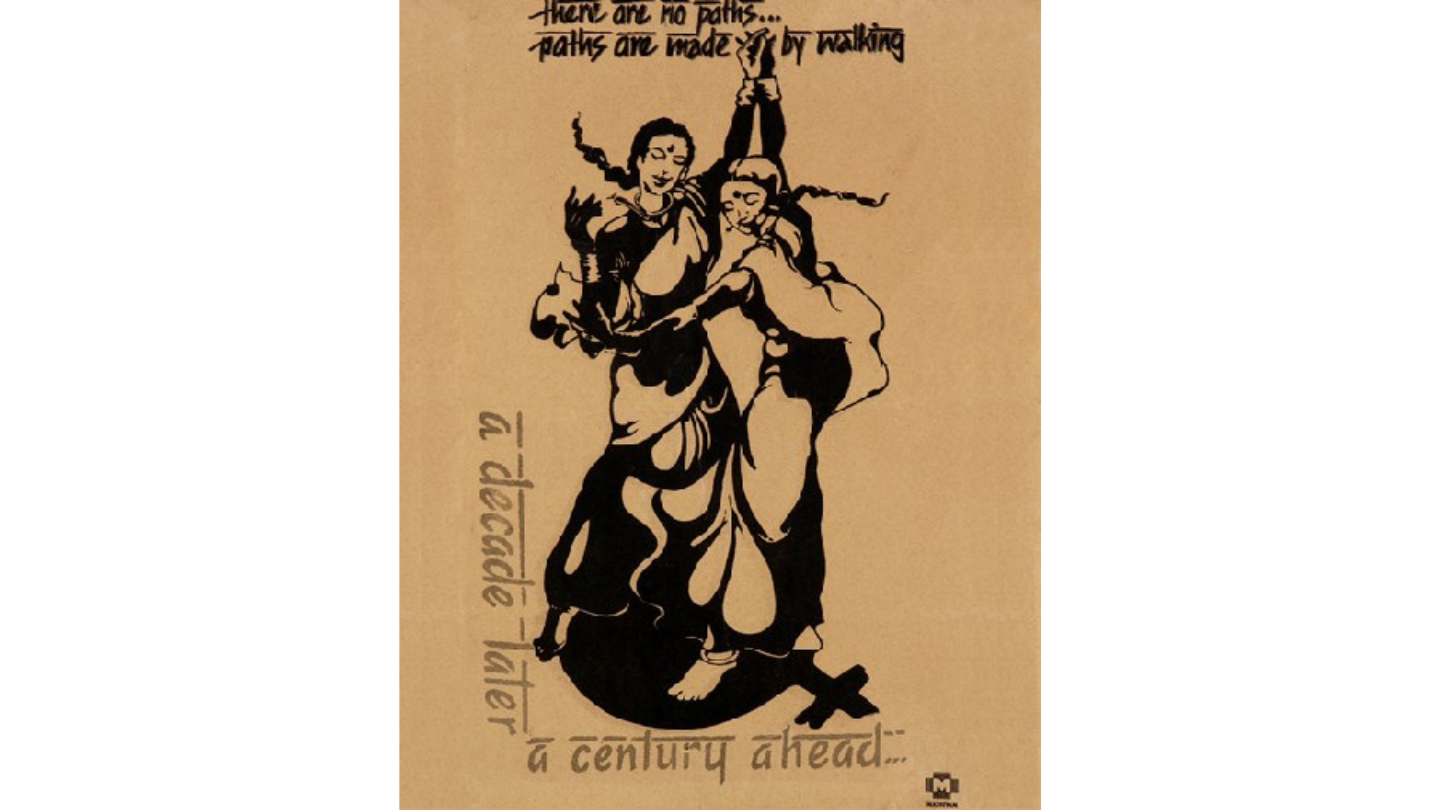Talks
Sex in Stone
Seema Anand, Shivaji Panikkar, Alka Pande, Anirudh Kanisetti
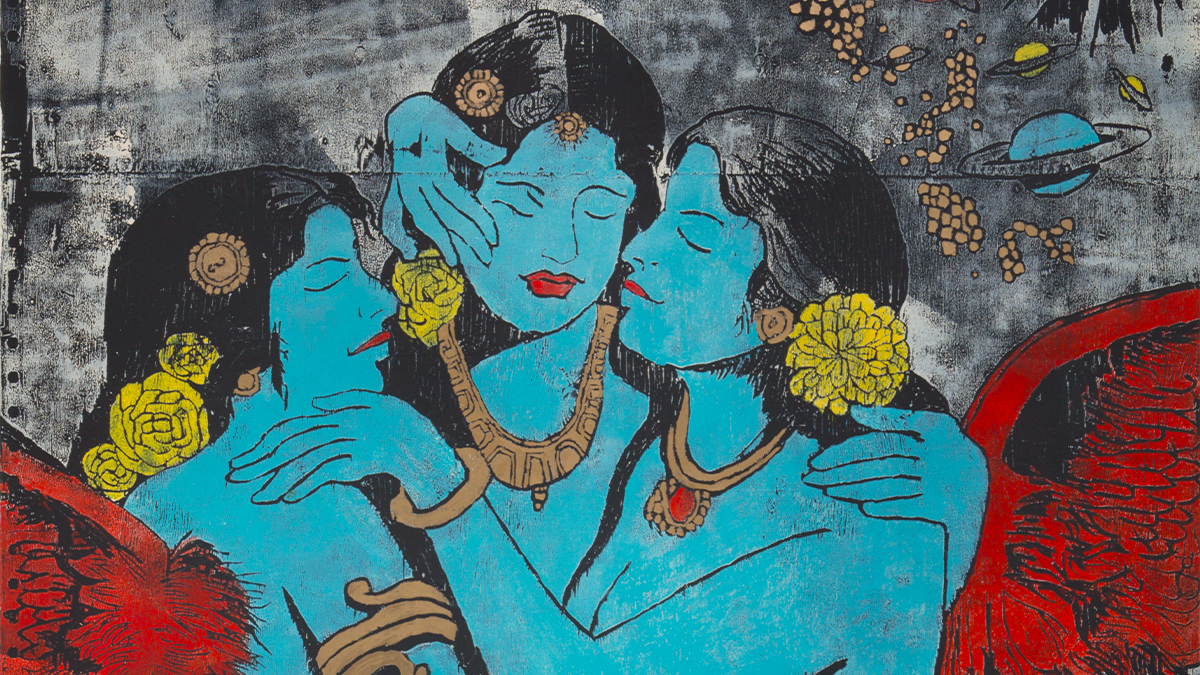
Sculpture traditions in India can be dated as far back as 2500 to 1800 BCE, around the time of the Indus Valley Civilisation. Centuries later, between 885 AD and 1050 AD, the Chandela dynasty constructed a group of monuments – the Khajuraho temples – which are till date renowned for housing intricately detailed structures.
The sculptures that adorn the walls, pillars, spires, and interiors of the temples span a range of artistic techniques, building materials, and represent more than one religion. The small but significant portion of erotic sculptures at the site also finds prominence in a range of historical and artistic texts. The explicit portrayal of a variety of sexualised moments and narratives raise fascinating questions. Do the sculptures depict progressive practices or was the display of desire merely symbolic? How do the art and architecture of these monuments iterate or subvert the definitions of the sacred and the sensual?
Join Seema Anand, Shivaji Panikkar, and Alka Pande in conversation with Anirudh Kanisetti, as they explore the coming together of spirituality and sexuality at the temples of Khajuraho, a UNESCO world heritage site known globally for its architectural splendour and erotic iconography.
In collaboration with the Centre for Studies in Gender and Sexuality (CSGS), Ashoka University.
Bookings
Bookings are closed for this event.
